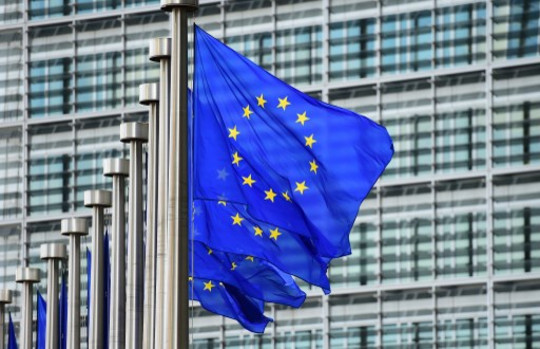Article 17 of the EU Directive aims to close the “value-gap” between right holders and online platforms and to ensure the revenue generated by online platforms from protected works is fairly distributed among the authors, including journalists, and the creative industry.All sectors of protected work, including journalistic articles, videos, photos, drawings – are covered.
In a second submission on the article filed on 9 September, the federations supported the use of Extended Collective Licensing (ECL), provided in Article 12 of the Directive, as an authorisation model for the use of this material by online platforms.
ECL, a form of collective management, applies to all rights’ holders in a sector, irrespective of their membership in a collecting management organisation, and establishes direct licensing terms with users. ECL is specifically designed for mass use, when direct negotiations with individual right holders are impossible in practice, due to their sheer number, which is the case for work published on online platforms and covered by Article 17.
“ECL offers service providers the significant advantage of workable sectoral agreements that comply with the new legislation, and offers authors the certainty of remuneration for the use of their protected works,” stressed Mogens Blicher Bjerregård, EFJ President
“We also support Member States’ transposition of the Directive that provides the possibility of direct remuneration of authors and performers,” added Anthony Bellanger, IFJ General Secretary.
At present, only right holders with a certain (but undefined) size and large traction on online platforms receive remuneration, but the vast majority of authors don’t.
This is the second contribution the federations have made, following their submission of a position paper in March after a series of six Stakeholder Dialogue meetings on the implementation of Article, organised by the European Commission in which the federations took part. In their first submission, EFJ and IFJ highlighted the importance of safeguarding contents’ availability and suggested that platforms proactively seek broad licensing schemes to this end.
The document also underlined key issues for consideration to achieve balance between competing fundamental rights, offering tips to ensure both copyright and the article’s exceptions and limitations are respected and harmonised across platforms and EU countries.
Click here to read the contribution

